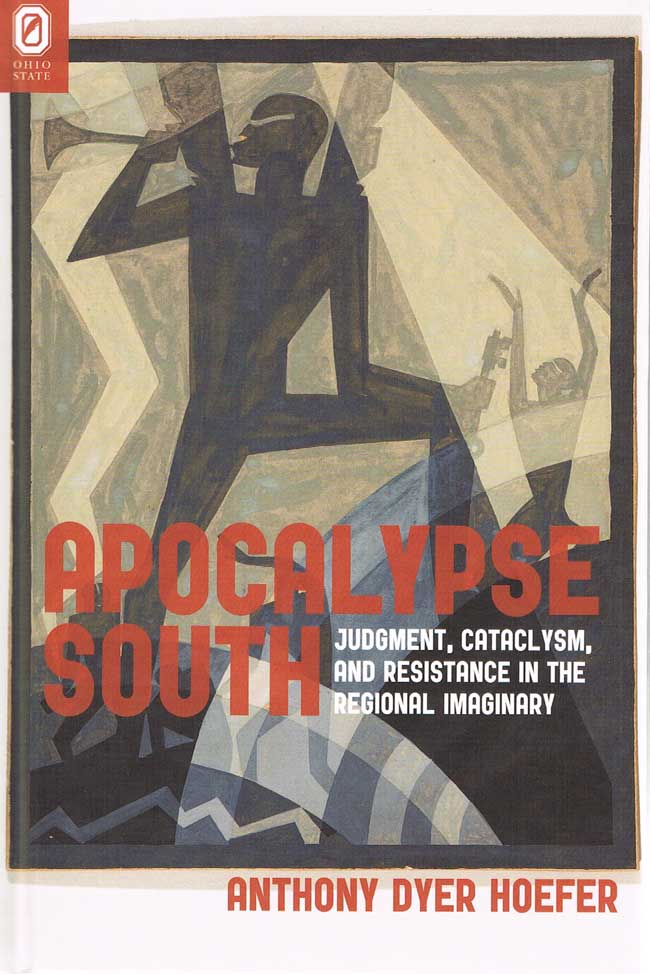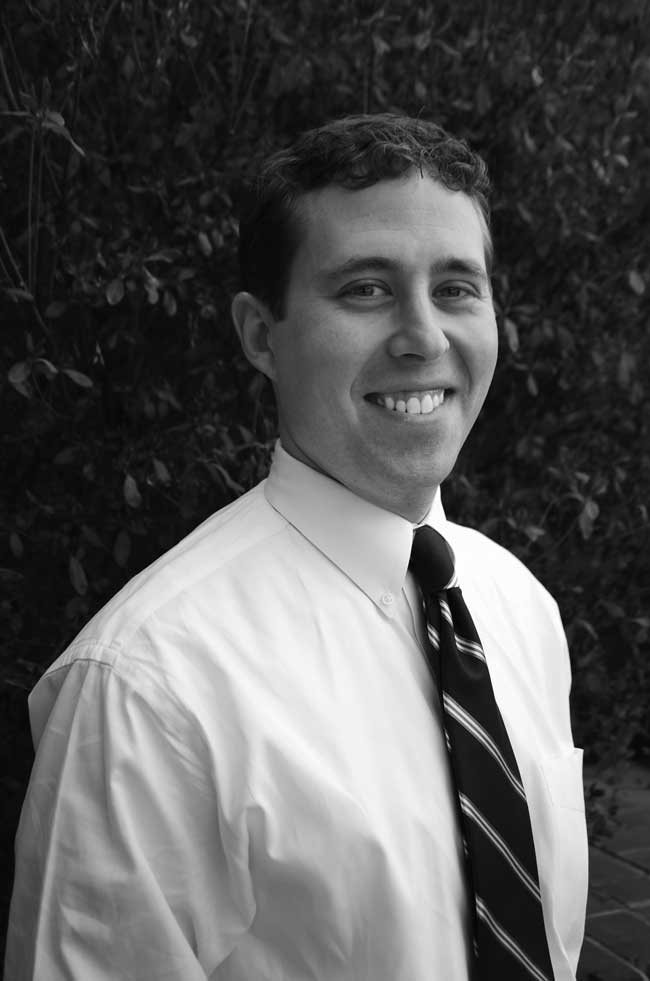Apocalypse SouthJudgment, Cataclysm, and Resistance in the Regional ImaginaryAnthony Dyer HoeferLiterature, Religion, and Postsecular Studies |
 9/20/2012 Literary Criticism/American; Literary Criticism/African American 188 pp. 6x9  $49.95 cloth 978-0-8142-1201-1 Add cloth to shopping cart $29.95 paperback 978-0-8142-5644-2 Add paperback to shopping cart $19.95 PDF ebook 978-0-8142-7944-1 Add PDF ebook to shopping cart Shopping Cart Instructions Review/Change Shopping Cart & Check-out | |||
|
“Anthony Dyer Hoefer’s study has an altogether original take on religious thinking in the U.S. South, seeing within this apocalyptic tradition a way to understand the tendencies toward an authoritarian, closed society justification and yet other tendencies toward spiritually based, but this-worldly liberation. Apocalypse South is a very strong addition to the growing body of work in defining a New Southern Studies.” —Charles R. Wilson, director of the Center for the Study of Southern Culture at the University of Mississippi While John Winthrop might have famously uttered the phrase “city upon a hill” on the way to Massachusetts, the strands of millennialism and exceptionalism that remain so central to U.S. political discourse are now dominated by eschatological visions that have emerged from the particular historical experiences of the U.S. South. Despite the strategic exploitation of this reality by political communicators, scholars in the humanities have paid little attention to the eschatological visions offered by southern religious culture. Fortunately, writers and artists have not ignored such matters; compared to their academic counterparts, southern novelists have been far better attuned to a southern apocalyptic imaginary—a field of reference, drawn from the cosmology of southern evangelical Protestantism, that maps the apocalyptic possibilities of cataclysm, judgment, deliverance, and even revolution onto the landscape of the region. Apocalypse South rectifies the omissions in existing scholarship by interrogating the role of apocalyptic discourse in selected works of fiction by four southern writers—William Faulkner, Richard Wright, Randall Kenan, and Dorothy Allison. In doing so, it reinvigorates discussions of religion in southern literary scholarship and introduces a new element in the ongoing investigation into how regional identities function in notions of national mission and American exceptionalism. Engaging concerns of religion, race, sexuality, and community in fiction from the 1930s to the present, Apocalypse South offers a new conceptual framework for considering what has long been considered “southern Gothic literature”— a framework less concerned with the conventions of a particular literary genre than with the ways in which literature exposes and even tries to make sense of the contradictions within cultures.
| ||||


